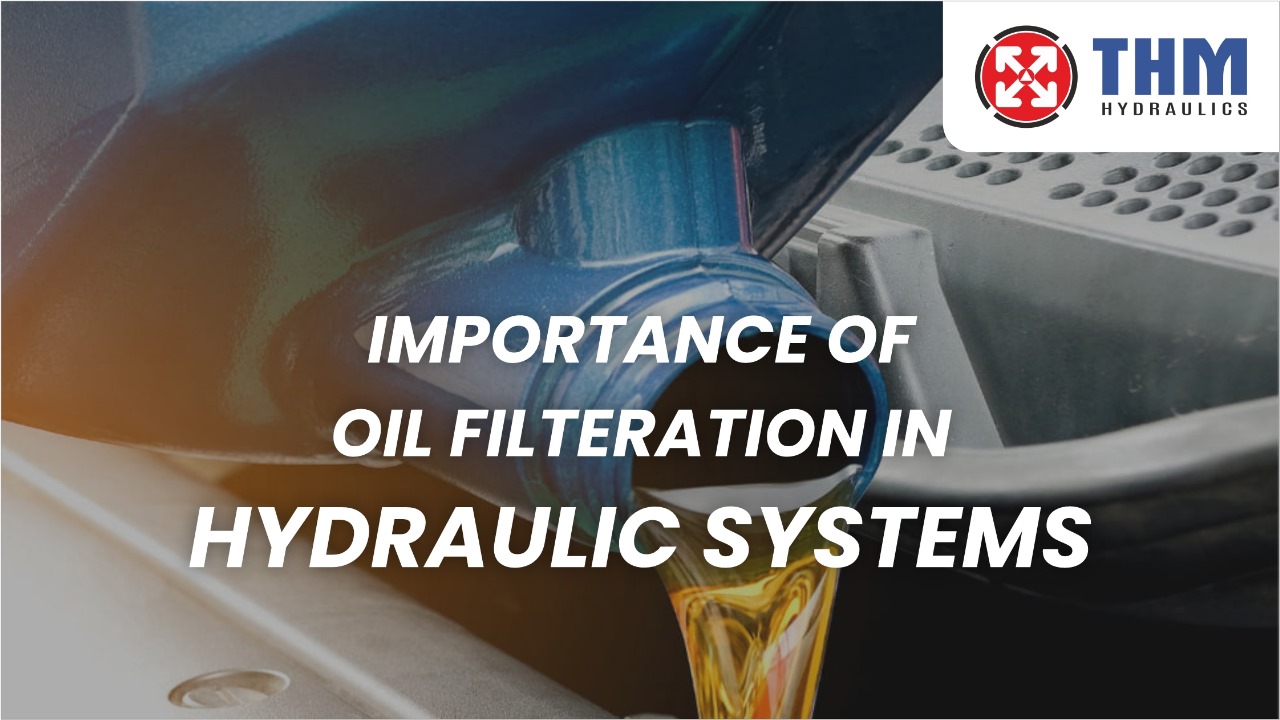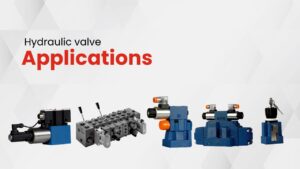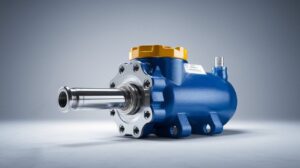In the world of hydraulic systems, oil filtration stands as a crucial element that ensures the longevity and efficiency of various components, including hydraulic motors and servo drives. These systems, vital in numerous industries, rely heavily on clean, well-filtered oil to function optimally. In India, the demand for high-performance hydraulic motors and servo drive is on the rise, making oil filtration more important than ever.
Understanding Hydraulic Systems and Their Components
Hydraulic systems are complex assemblies that use fluid power to perform work. They are commonly found in industrial machinery, construction equipment, and automotive systems. The primary components of a hydraulic system include hydraulic pumps, hydraulic motors, valves, and actuators. Each of these components plays a pivotal role in the system’s overall performance.
A hydraulic motor, for instance, converts hydraulic energy into mechanical energy. Servo drives, on the other hand, provide precise control over the movement and operation of these motors. In India, the use of advanced hydraulic motors and servo drives is expanding across various sectors, from manufacturing to agriculture.
The Role of Oil in Hydraulic Systems
Oil serves as the lifeblood of hydraulic systems. It transmits power, lubricates moving parts, reduces wear, and helps in cooling the system. However, over time, oil can become contaminated with dirt, metal particles, and other impurities. These contaminants can cause significant damage to the system’s components, leading to reduced efficiency and costly repairs.
Why Oil Filtration is Essential
- Enhancing Component Lifespan
Contaminated oil accelerates wear and tear on hydraulic motors and other components. By using effective oil filtration, you can remove harmful particles and extend the lifespan of these critical parts. This not only saves money on replacements but also reduces downtime for maintenance. - Improving System Efficiency
Clean oil ensures that hydraulic systems operate smoothly and efficiently. Contaminants can cause blockages and increase friction, leading to energy losses and decreased performance. Oil filtration helps maintain optimal fluid viscosity and flow, resulting in better system efficiency. - Preventing System Failures
Contaminants in the oil can lead to catastrophic failures in hydraulic systems. For example, particles can cause scoring and pitting on hydraulic motor surfaces, leading to leaks and pressure losses. Regular oil filtration helps prevent such failures, ensuring continuous and reliable operation. - Reducing Maintenance Costs
Clean oil reduces the need for frequent maintenance and repairs. By incorporating oil filtration into your hydraulic system maintenance routine, you can minimise the wear on components and avoid expensive breakdowns. This is particularly important in industries where hydraulic systems are used intensively.
Oil Filtration Techniques and Technologies
There are several oil filtration techniques and technologies available to keep hydraulic systems clean and efficient: Hydraulic Systems,
- Mechanical Filtration
This involves using filters with fine mesh or porous materials to physically remove particles from the oil. Mechanical filters are effective at capturing large particles and are commonly used as a first line of defence. - Magnetic Filtration
Magnetic filters use strong magnets to attract and remove ferrous particles from the oil. This method is particularly useful in systems with components made of iron or steel, as it effectively captures metal debris. - Centrifugal Filtration
Centrifugal filters use the principle of centrifugal force to separate contaminants from the oil. The contaminated oil is spun at high speeds, causing particles to be flung to the outer edges and collected in a separate chamber. - Electrostatic Filtration
Electrostatic filters use electric charges to attract and capture particles from the oil. This method is highly effective at removing both large and small contaminants, providing thorough filtration.
Implementing Oil Filtration in Hydraulic Systems in India
In India, where the industrial sector is rapidly growing, the importance of maintaining efficient hydraulic systems cannot be overstated. Companies investing in advanced hydraulic motors and servo drives should prioritise oil filtration to ensure the longevity and reliability of their equipment.
Regular monitoring and maintenance of oil filtration systems are crucial. Implementing a comprehensive oil filtration strategy involves selecting the right filtration technology, regularly replacing filters, and monitoring oil quality. By doing so, businesses can achieve optimal performance from their hydraulic systems and avoid costly disruptions.
Conclusion
Oil filtration is a vital aspect of maintaining hydraulic systems, especially in an industrial landscape that increasingly relies on advanced hydraulic motors and servo drives. In India, where the demand for such systems is on the rise, ensuring clean oil through effective filtration can significantly enhance system performance, extend component lifespan, and reduce maintenance costs. Investing in high-quality oil filtration solutions is not just a maintenance task but a strategic decision to ensure the smooth and efficient operation of hydraulic systems. For reliable and efficient hydraulic solutions, consider THM Hydraulics.



